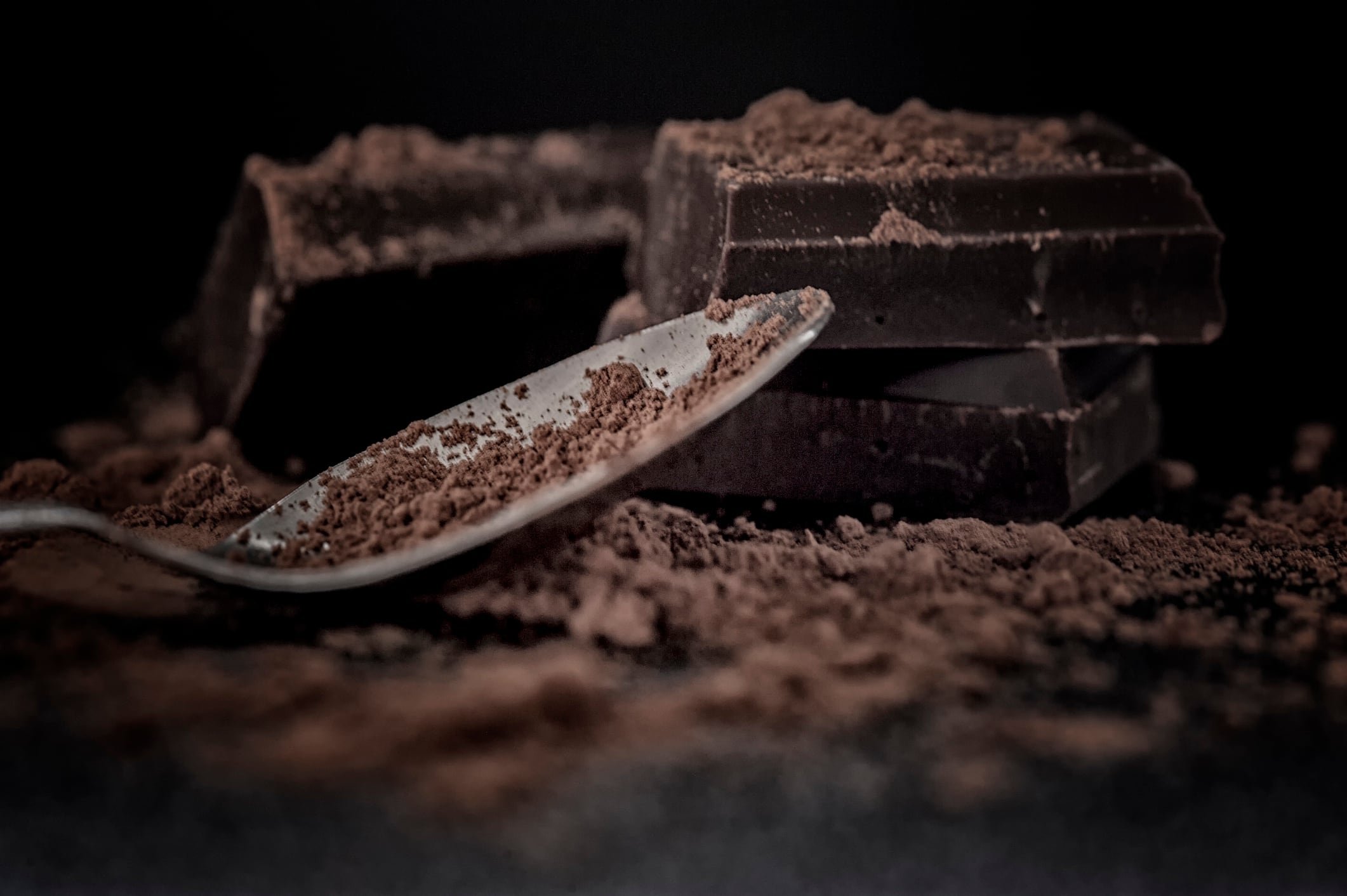
Cocoa whiplash: How a record price spike turned into a demand slump
The market has swung from historic shortage to surplus projections for 2025/26 in under two years
News & Analysis on Food & Beverage Development & Technology

The market has swung from historic shortage to surplus projections for 2025/26 in under two years
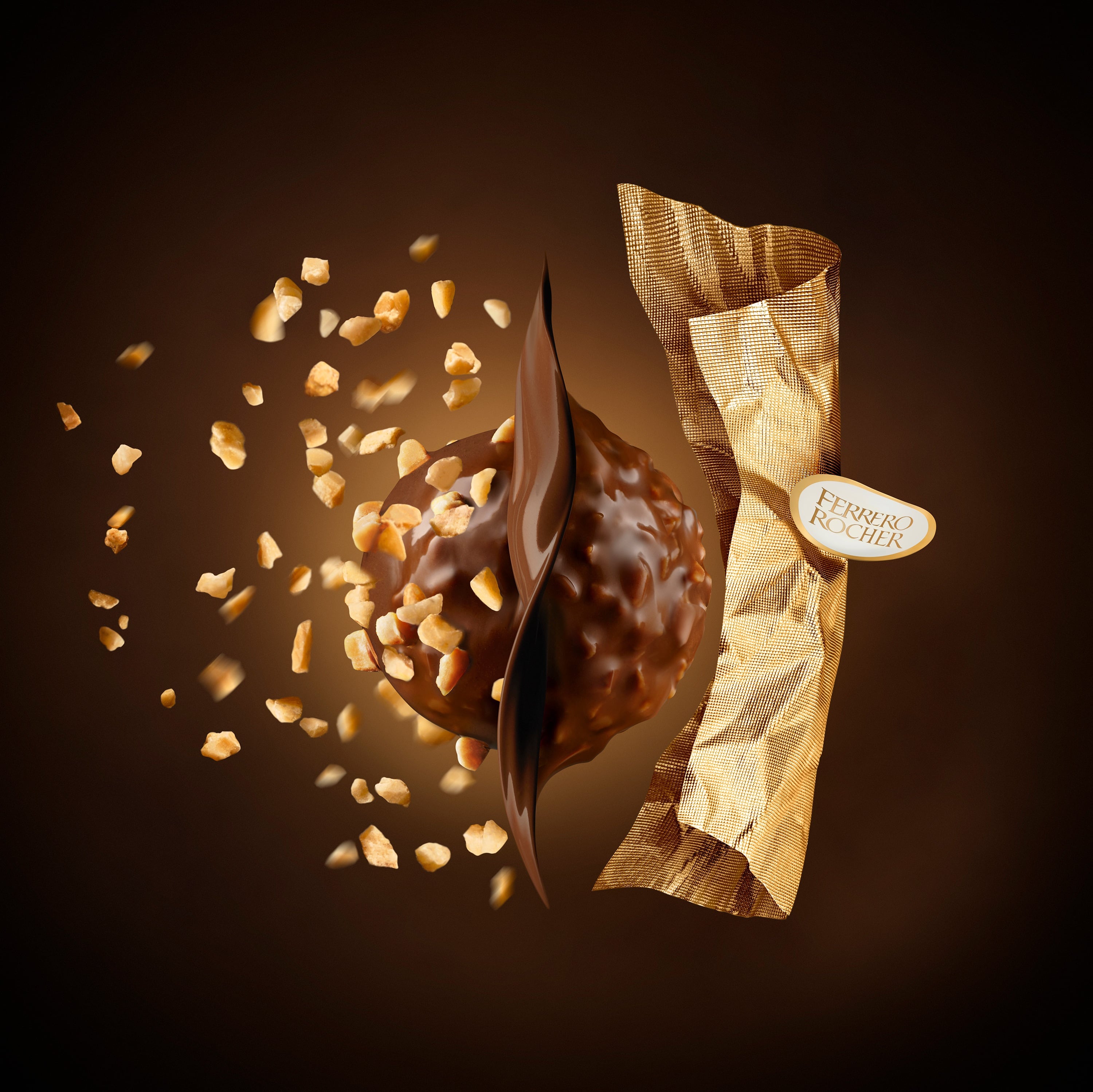
From premiumisation to supply-chain control, Ferrero’s strategy is redefining the competitive landscape
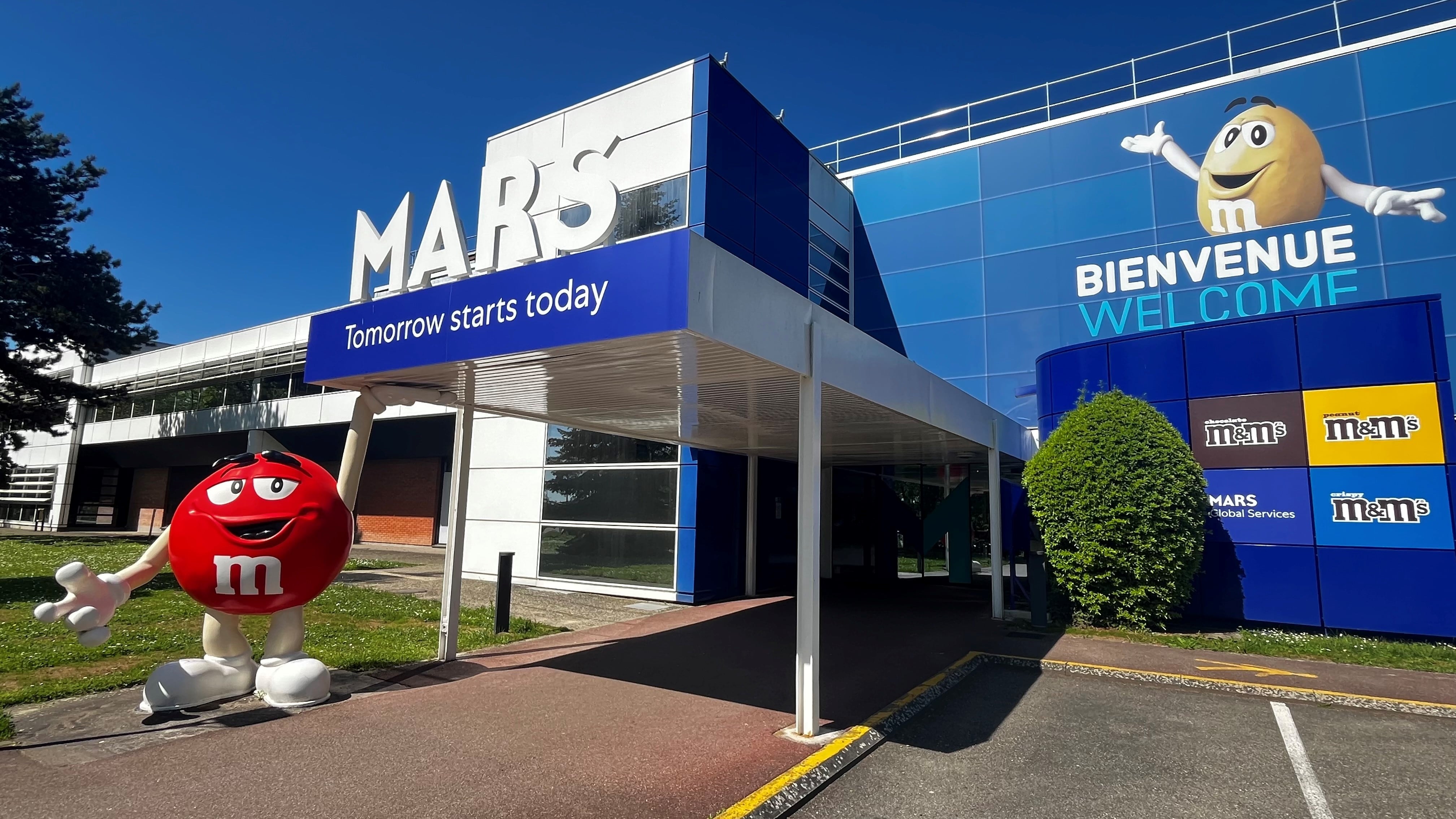
As Mars expands through mega‑deals, sustainability pushes and portfolio diversification, the company is placing a bigger strategic bet on M&M’s to anchor growth and relevance in a changing global snacking landscape

The company is tailoring its strategy by region, courting value‑seeking US shoppers, fixing European chocolate margins and using Oreo‑led biscuits and cakes to unlock runway across China, India, Brazil and Mexico

Reese family sends open letter to Hershey, challenging whether the confectionery giant is protecting the Reese’s legacy

Functional chocolate is stepping into the spotlight. Discover the ingredients, trends and early innovators reshaping the future of indulgence
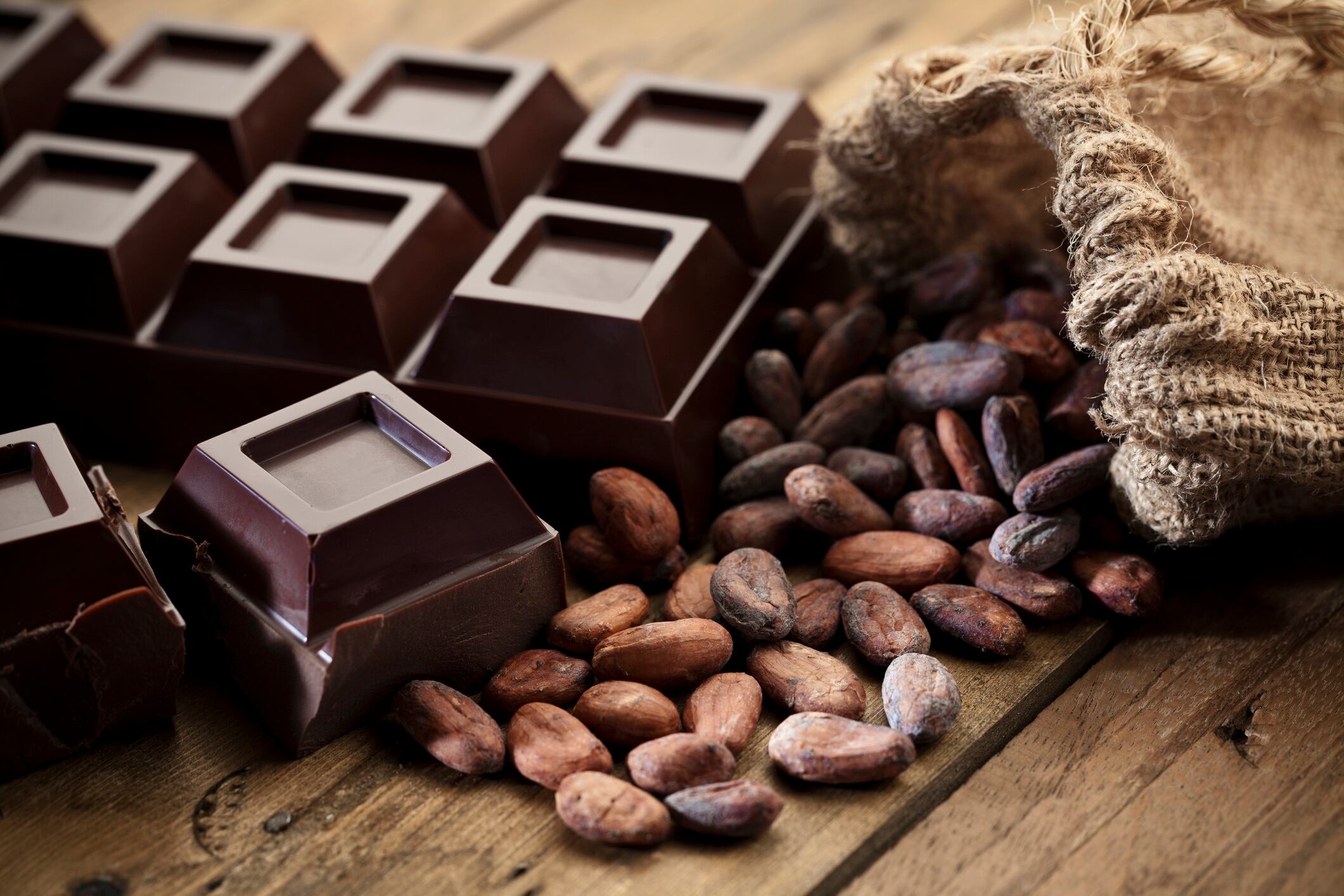
Cocoa prices plunge to two‑year low as surpluses reshape the market

Barry Callebaut plans to modernise Wieze and Halle sites, bolstering reliability and efficiency across its European supply network
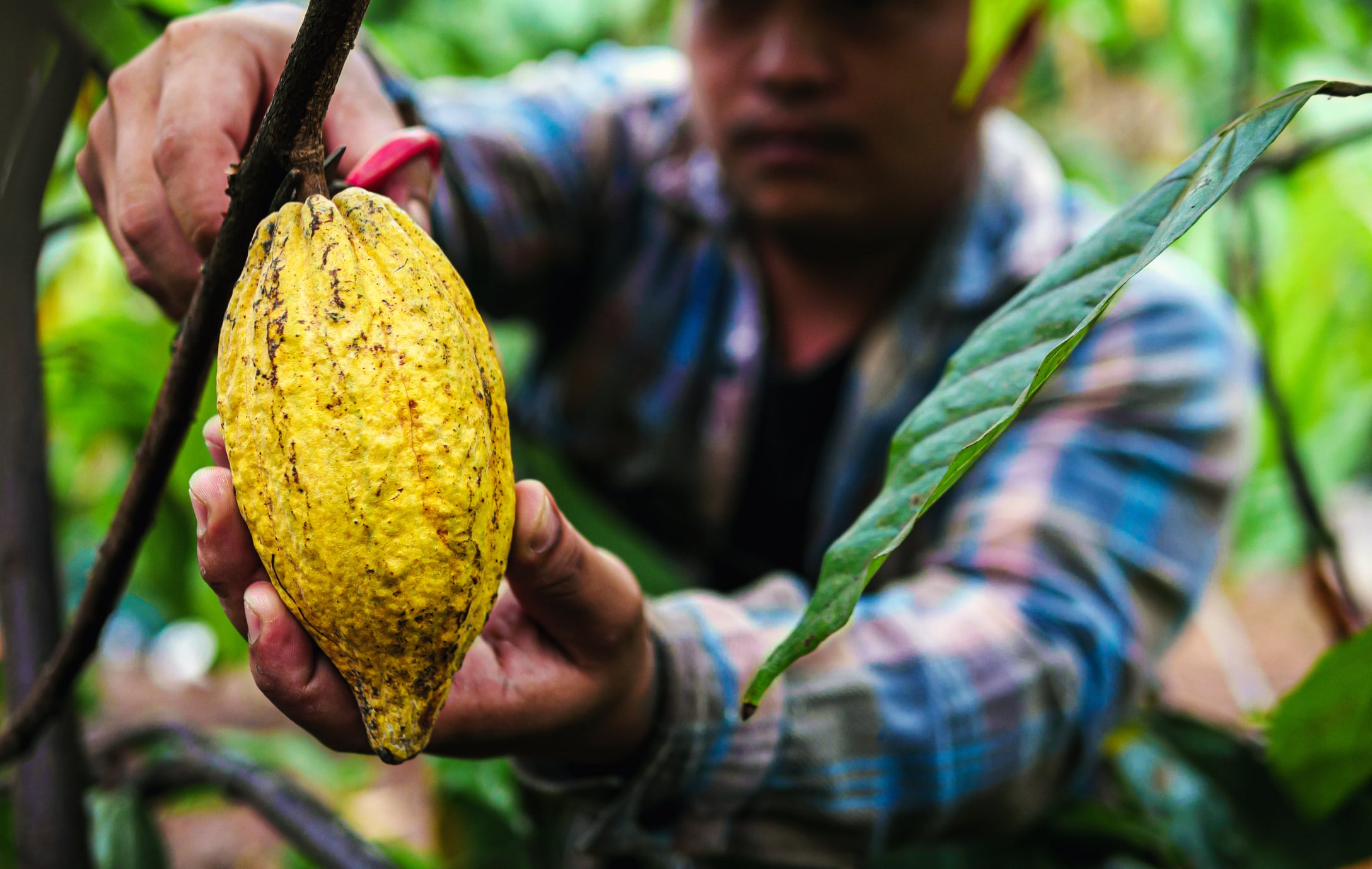
Soup-To-Nuts Podcast
Climate change, disease pressure and record cocoa prices are forcing the chocolate industry to rethink ingredients, processing, and the future role of cocoa – but how will potential solutions impact farmers and consumers?

From faster R&D to predictive product design, AI is transforming the future of sweets

Hershey’s profits have plunged again, but rising sales and recent acquisitions hint at a more complicated story

From megamergers to shocking splits, Big Food is reshaping itself at breakneck speed. So, who’s next?

Leadership shake‑up at Barry Callebaut reveals deeper strategic tensions at the world’s biggest chocolate maker

Barry Callebaut shakes up its leadership as Hein Schumacher steps in during a pivotal moment for the world’s largest chocolate maker
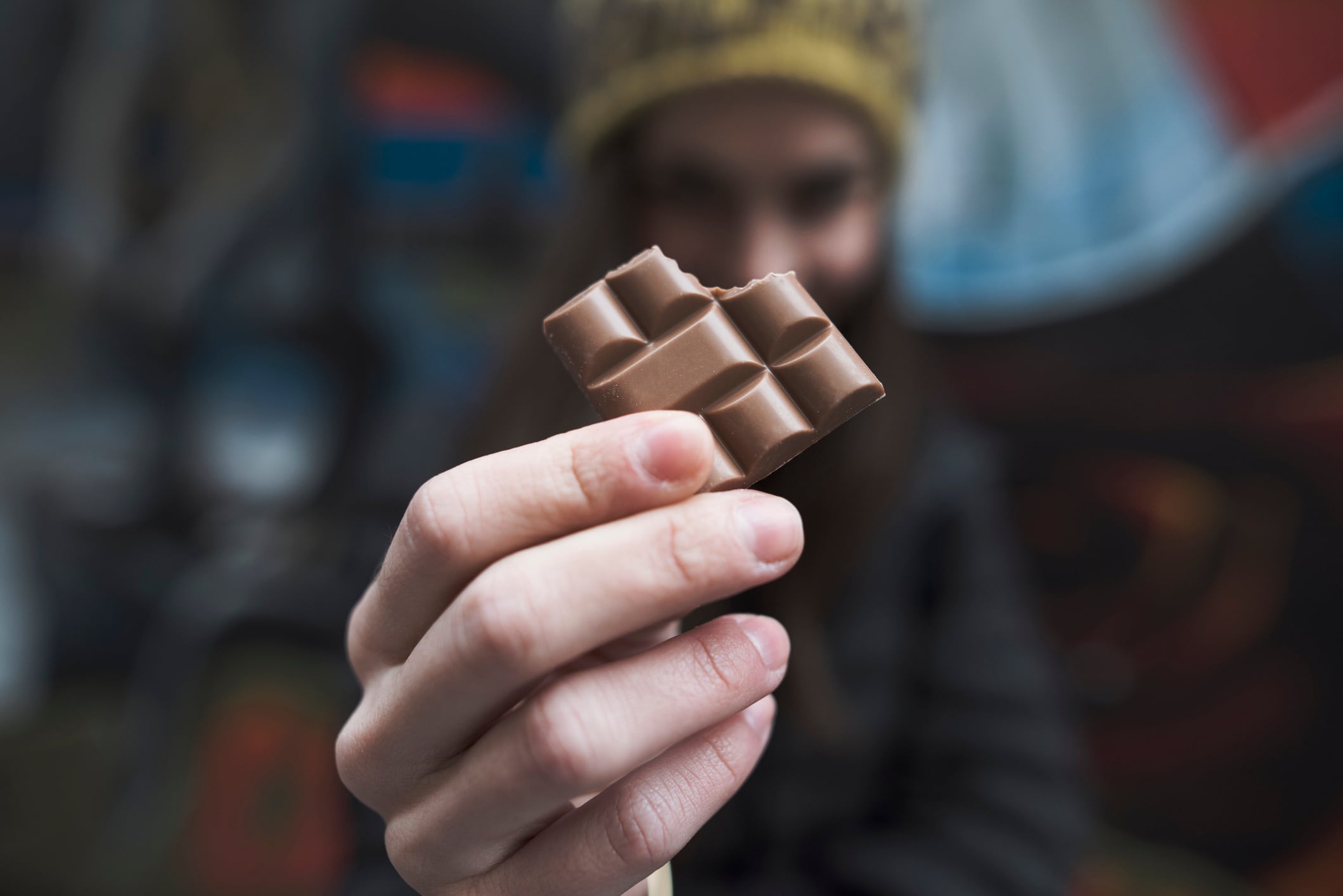
As climate, disease and regulation strain global cocoa supply, manufacturers are turning to low‑cocoa and cocoa‑free innovations to protect margins and future-proof their portfolios

Who’s dominating the sector and who’s falling behind?

As US-Canada tariffs grind on with no obvious exit, chocolate makers are quietly redrawing supply chains and exposing a deeper fault line running through food

From protein bars to gut-friendly gummies, functional confectionery is exploding, and it’s changing the game for indulgence
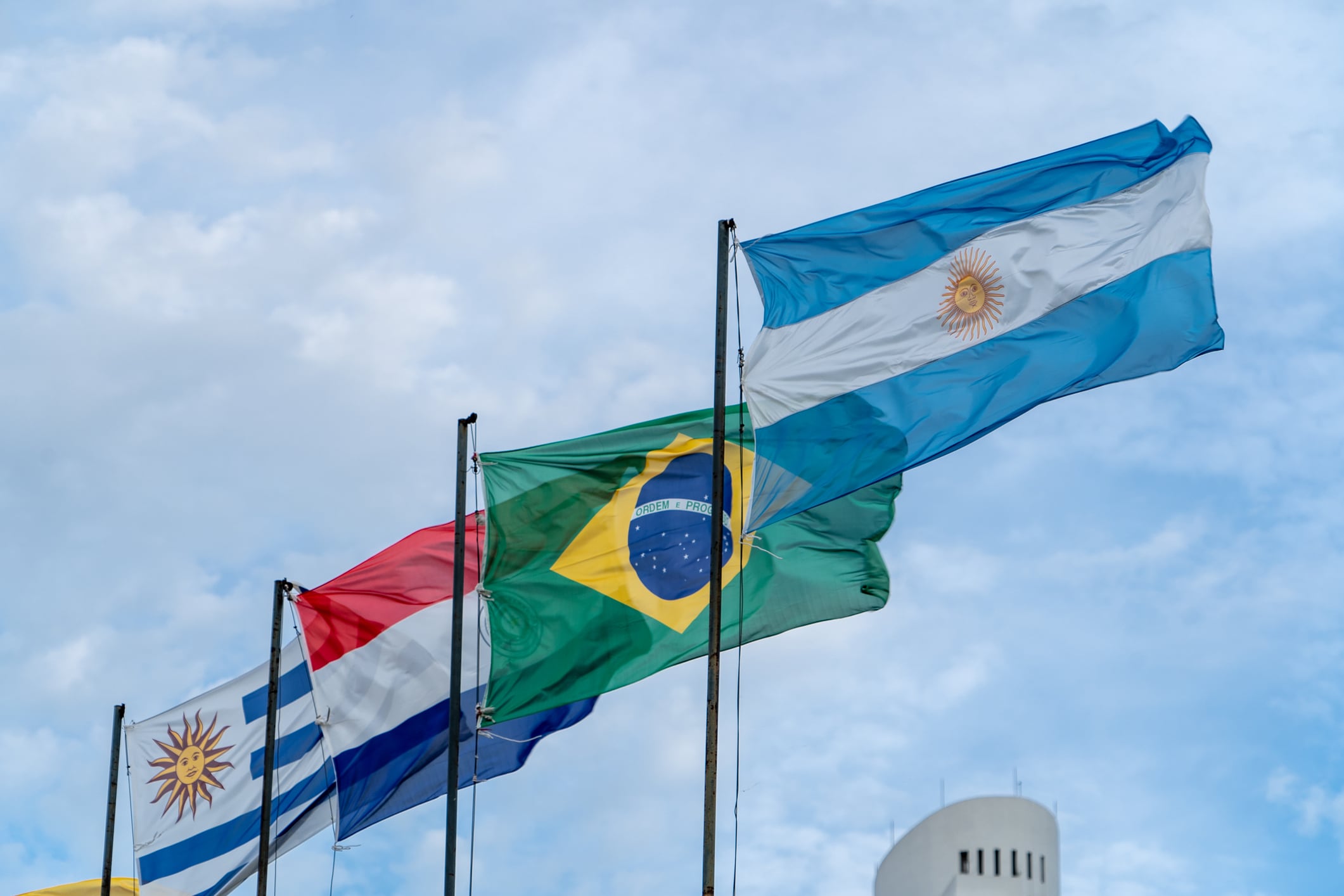
The landmark trade deal with the Latin American bloc will have long-lasting impacts on the food sector

Could Barry Callebaut’s next move reshape the future of chocolate and snacks?
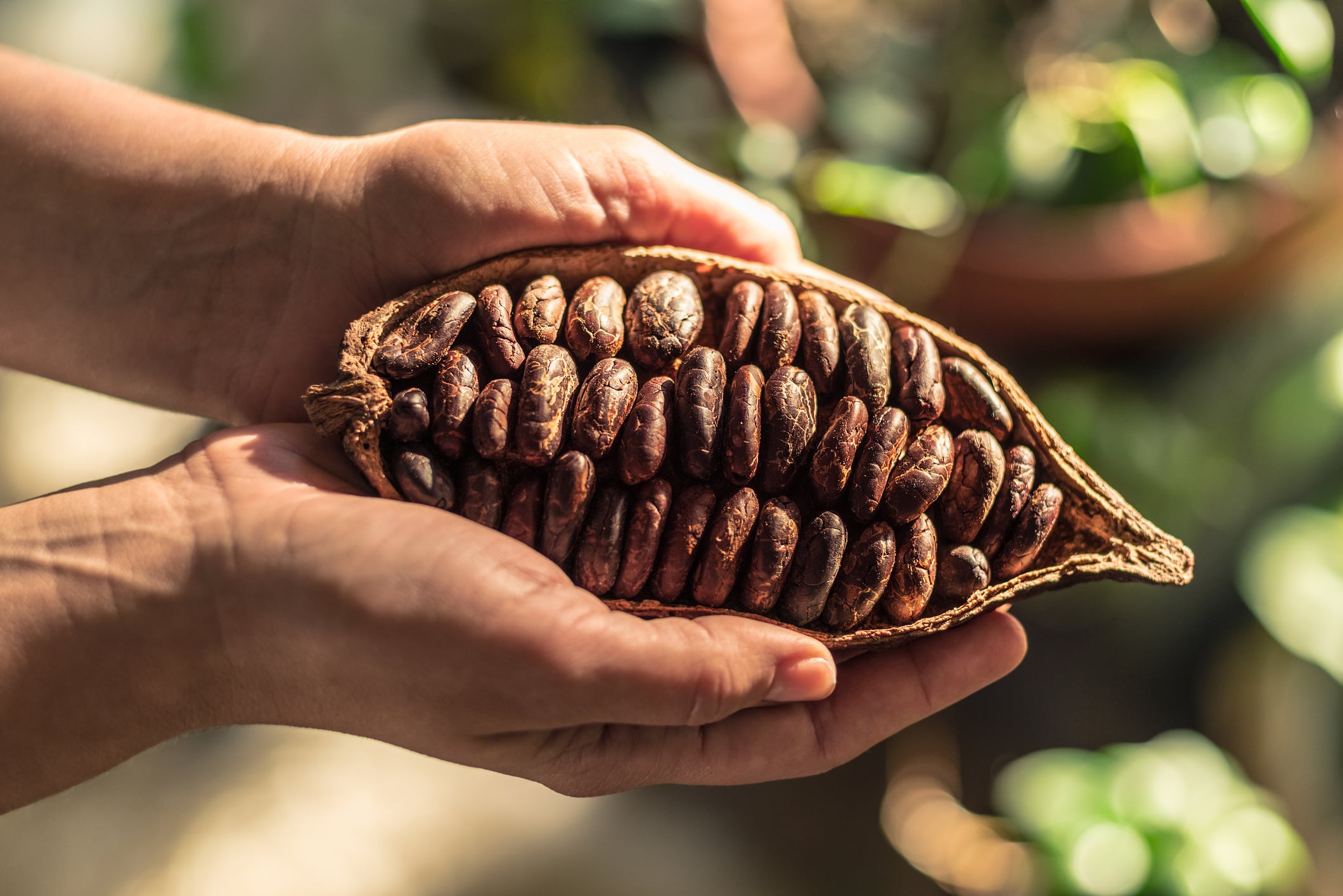
Why ‘climate-proof’ cacao start-up Kokomodo is hedging its bets on an increasingly stronger future for cell cultured cocoa
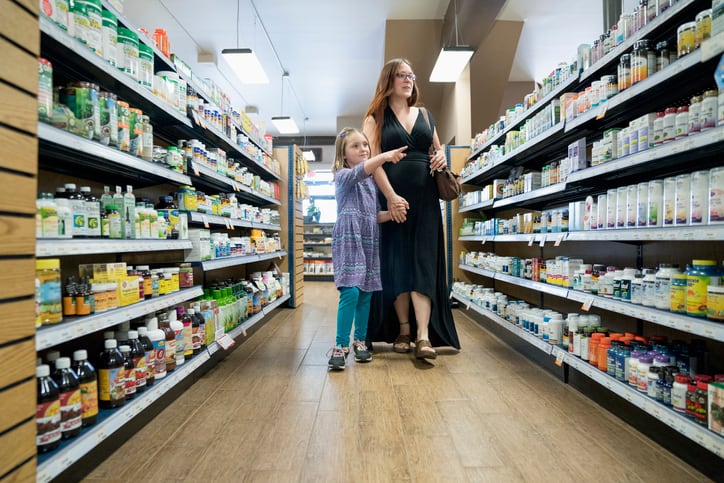
Steady wages, tax refunds and undervalued assets set the stage for targeted growth and strategic deals

Rumours of a major Barry Callebaut shake‑up are swirling, and the cocoa market could feel the impact
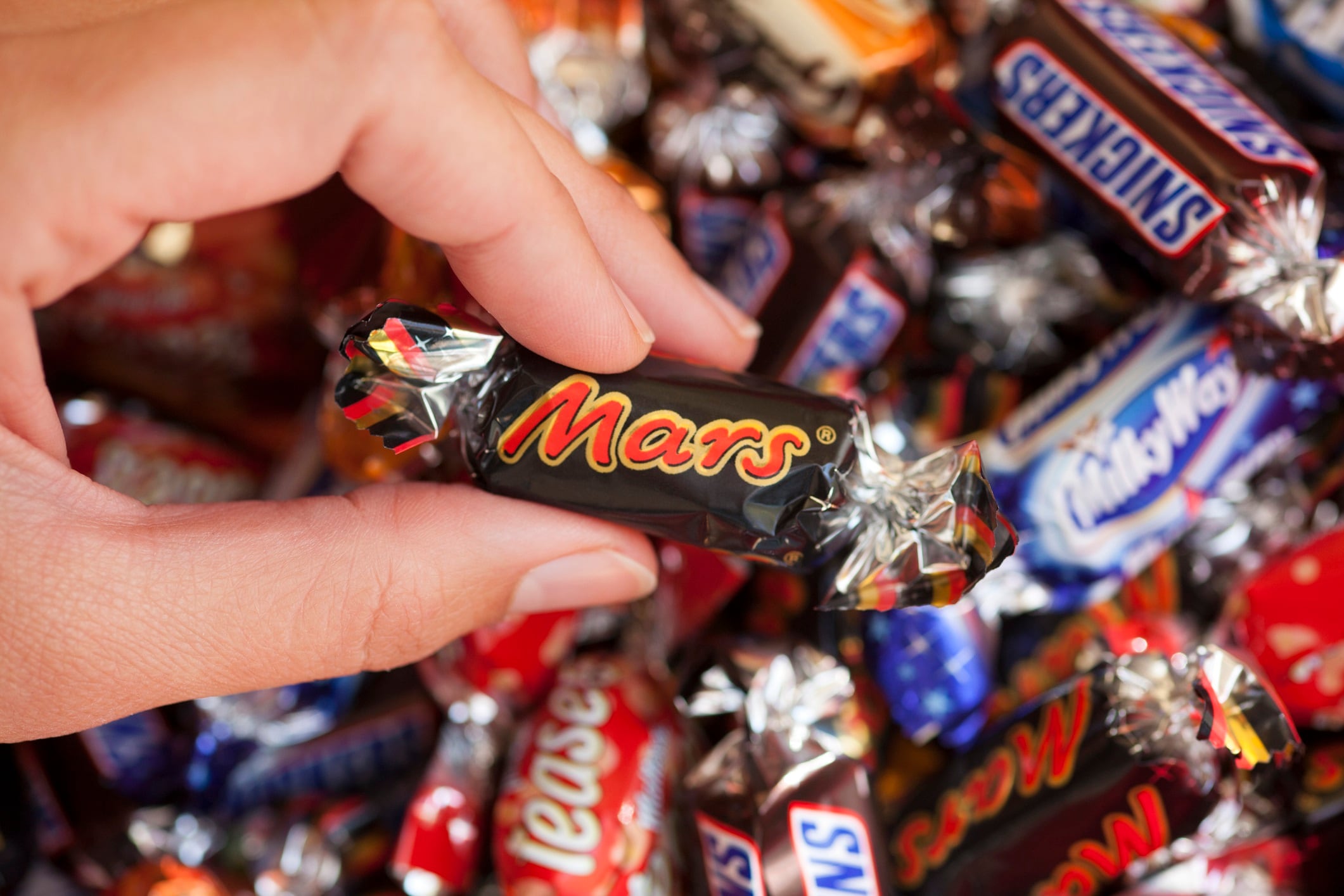
Mars and Kellanova join forces in a landmark deal set to reshape the global snacking industry

The cocoa crisis is forcing chocolate manufacturers to rethink everything - from sourcing and compliance to innovation and consumer trust

Acquisition broadens American multinational’s better-for-you offering

Consumer Brands Association urges further tariff rollbacks on products like palm oil and tin mill steel

Barry Callebaut explores cocoa alternatives amid rising costs and climate pressure
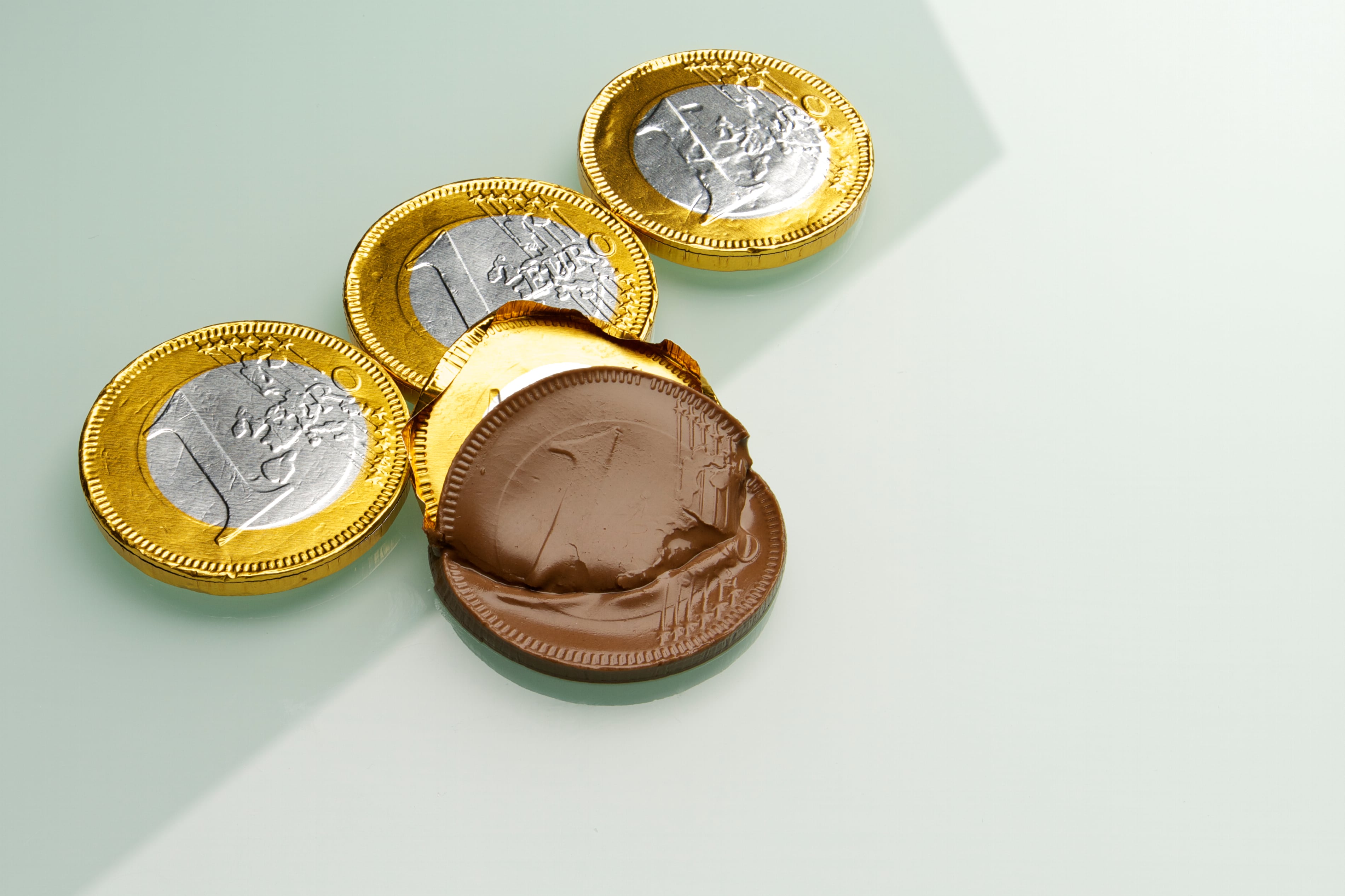
The largest players in food are making bold decisions in an effort to boost growth

Travel retail is no longer just about luxury - confectionery is taking off. Discover how Mondelēz is turning airports into brand-building playgrounds

Discover the top trends set to shape consumer choices and product development

With Ferrero’s $3.1 billion deal for WK Kellogg done and dusted, the cereal aisle is buzzing again and competitors are scrambling to figure out what this means for the rest of Big Food
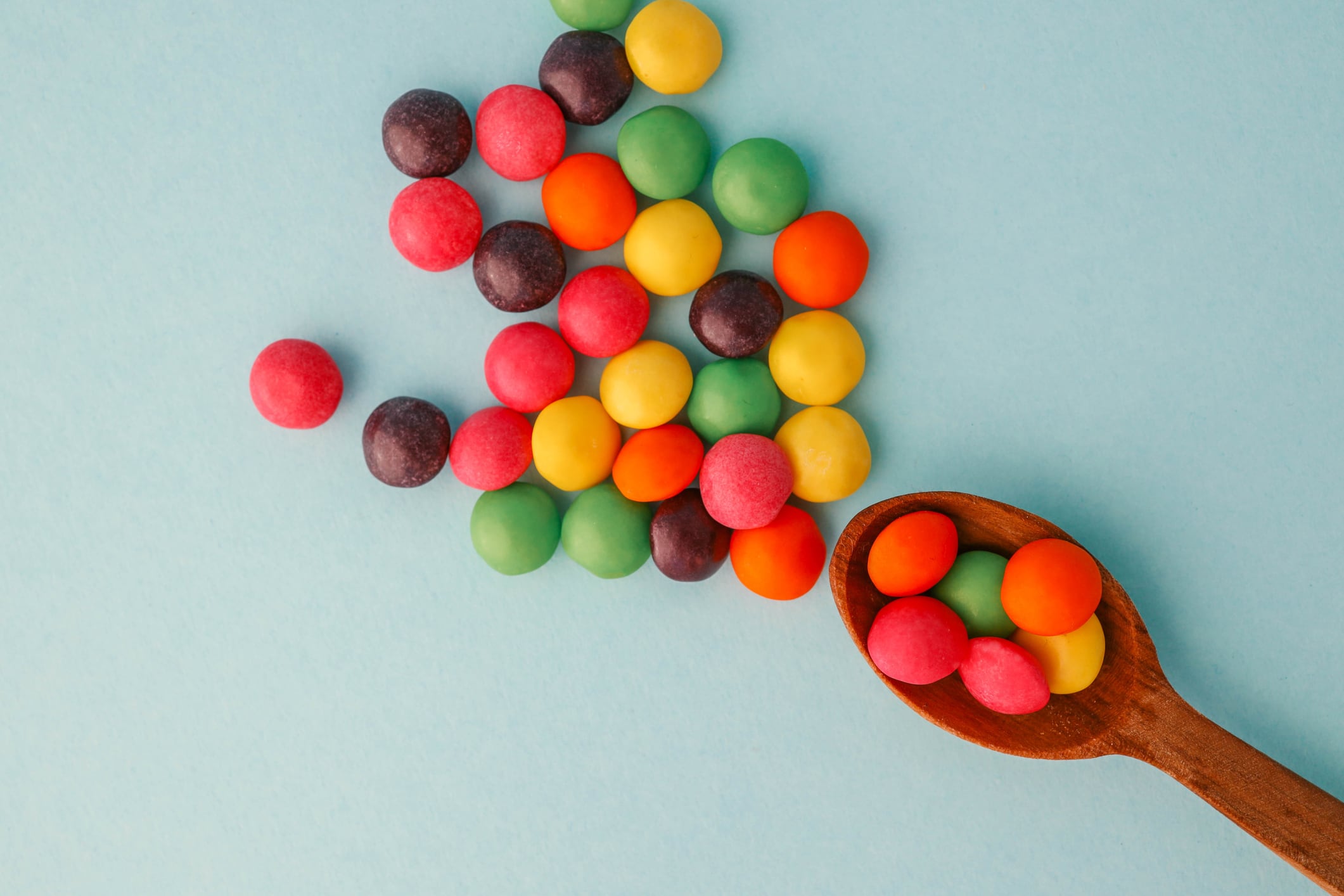
Junk food cravings may ease with GLP-1 use, but people still want sweet foods
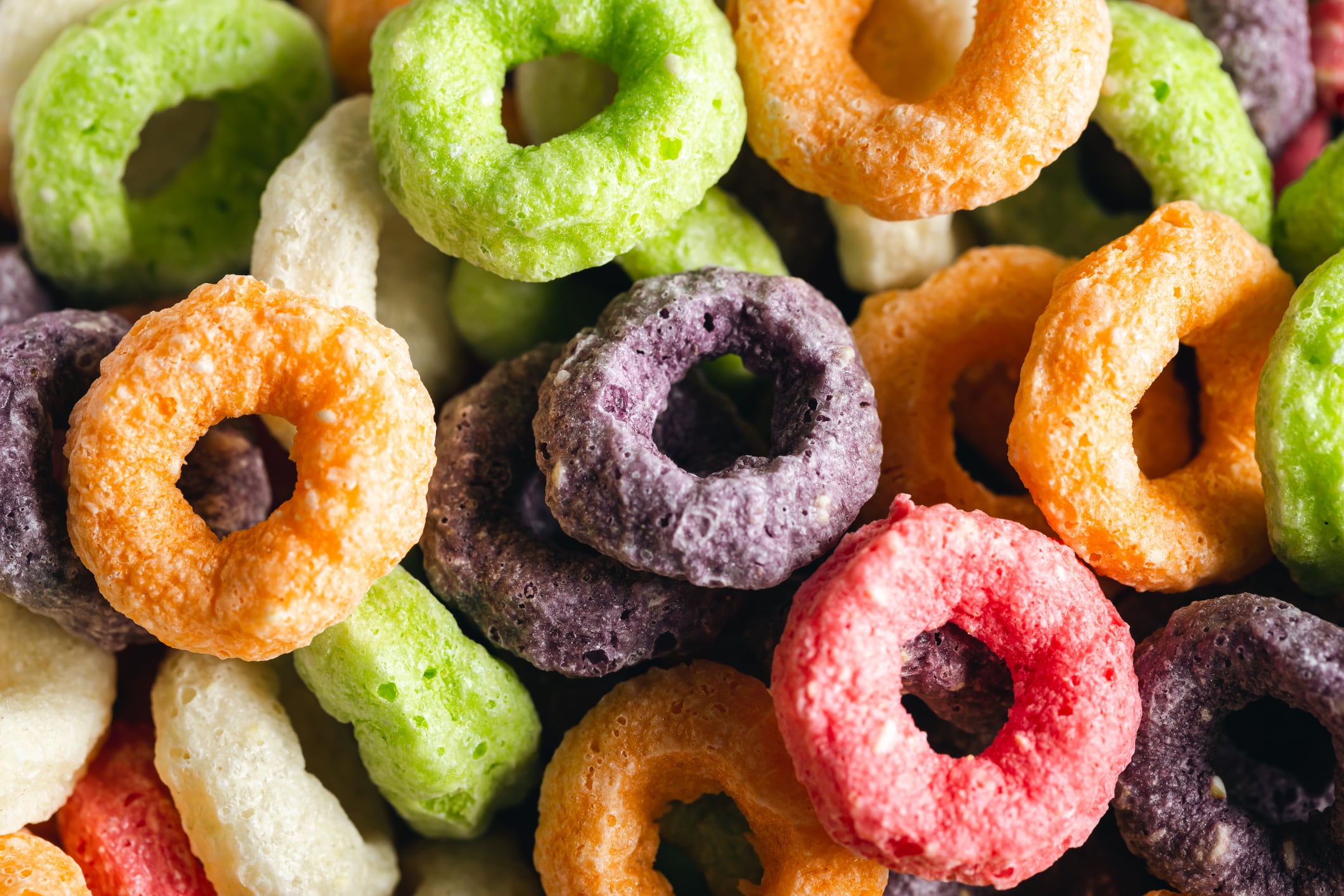
Following a landslide shareholder vote, the merger deal is expected to close within days

From Kraft Heinz’s split to Mars and Kellanova’s mega-merger, the world’s biggest food brands are reshaping the industry
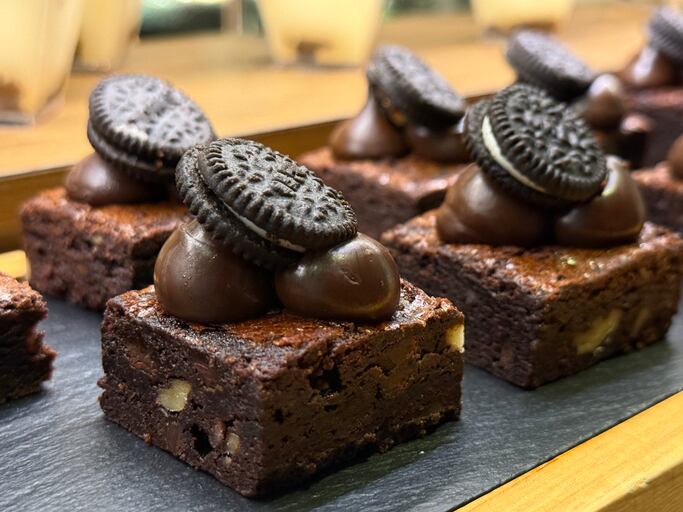
From Oreo x Reese’s to Biscoff tie-ups, partnerships are delivering the consumer buzz and sales lift that price cuts and big-ticket acquisitions no longer guarantee

Pumpkin spice still anchors autumn, but fatigue is setting in. With cinnamon, caramel and citrus surging, makers must balance nostalgia with novelty to win fall 2025
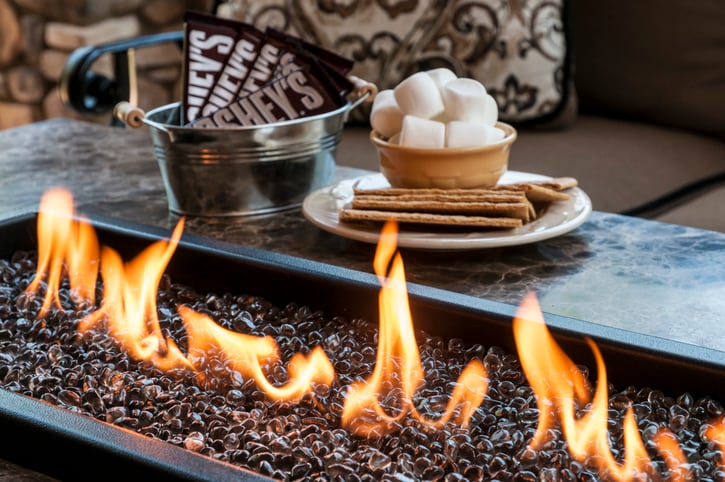
The sweets and snacks giant trimmed its outlook for the full year despite surging second quarter sales as it braces for the full impact of potential tariffs and higher cocoa costs
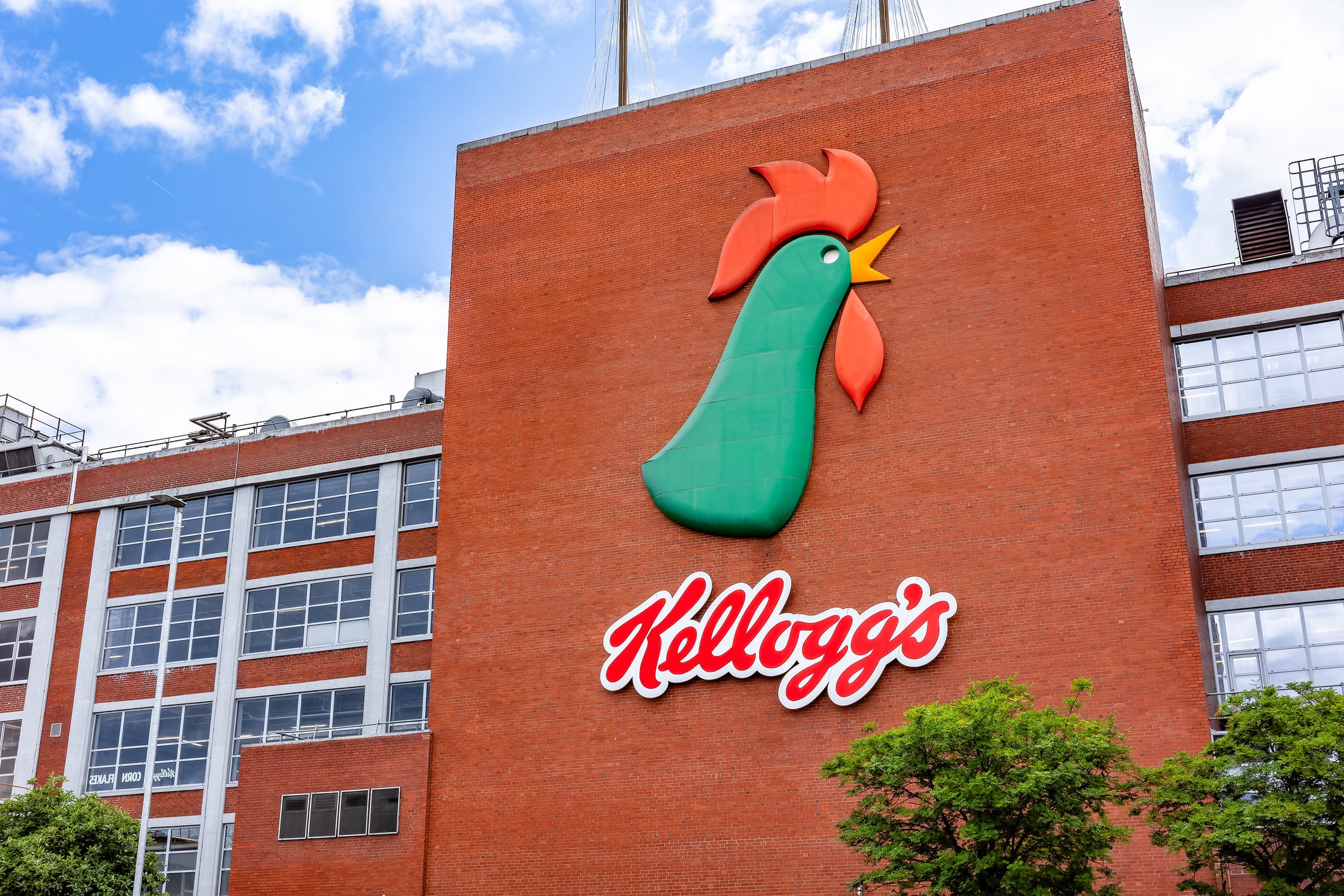
Opinion
It’s not a one-off. Confectionery giants want in on snacks, and here’s why

AI can speed up your pipeline – but it won’t tell you why everyone still picks chocolate. Here’s how to innovate without losing your edge
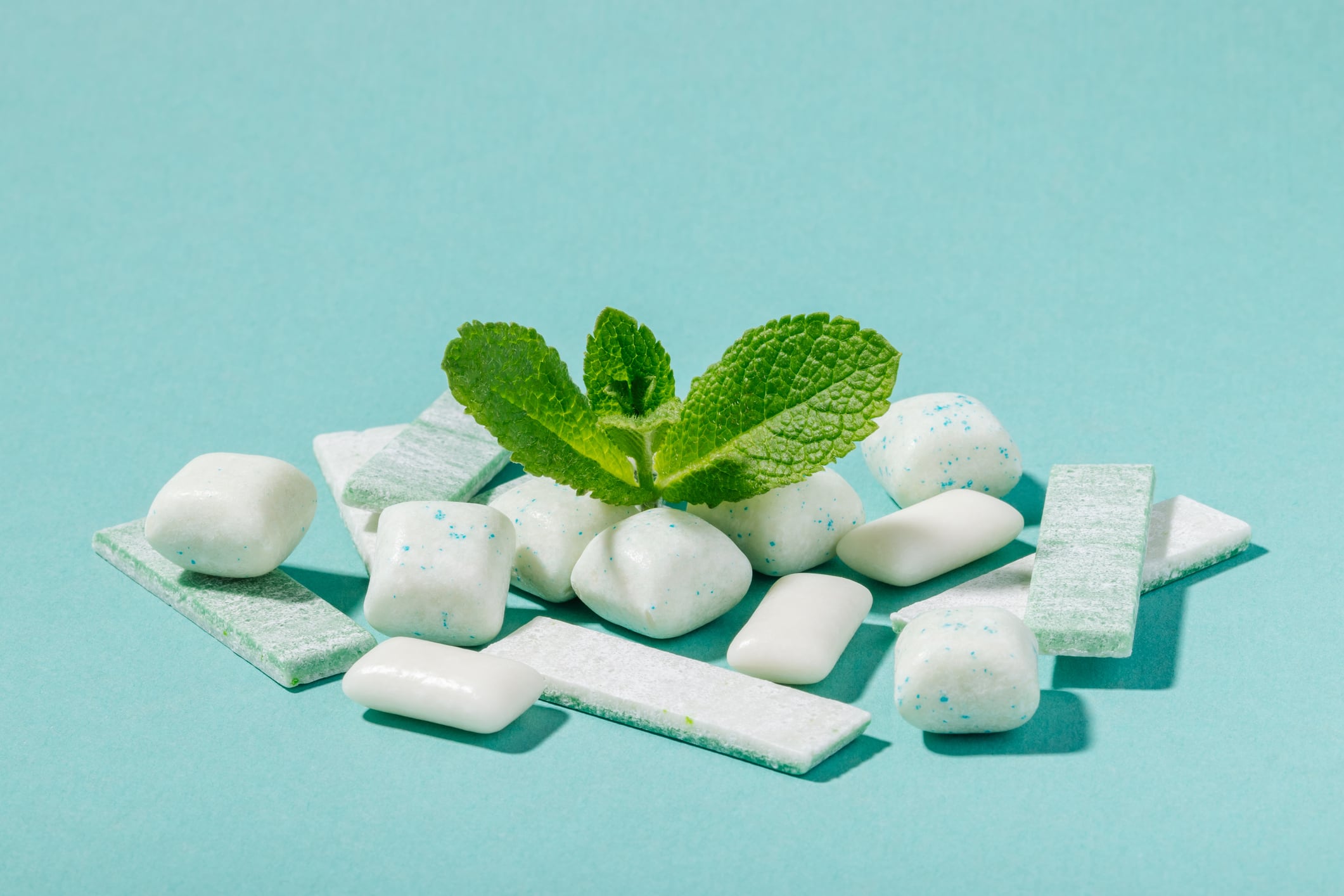
Perfetti van Melle is pursuing a larger slice of the global travel retail refreshment confectionery market, with a focus on flavour innovation and impulse purchases
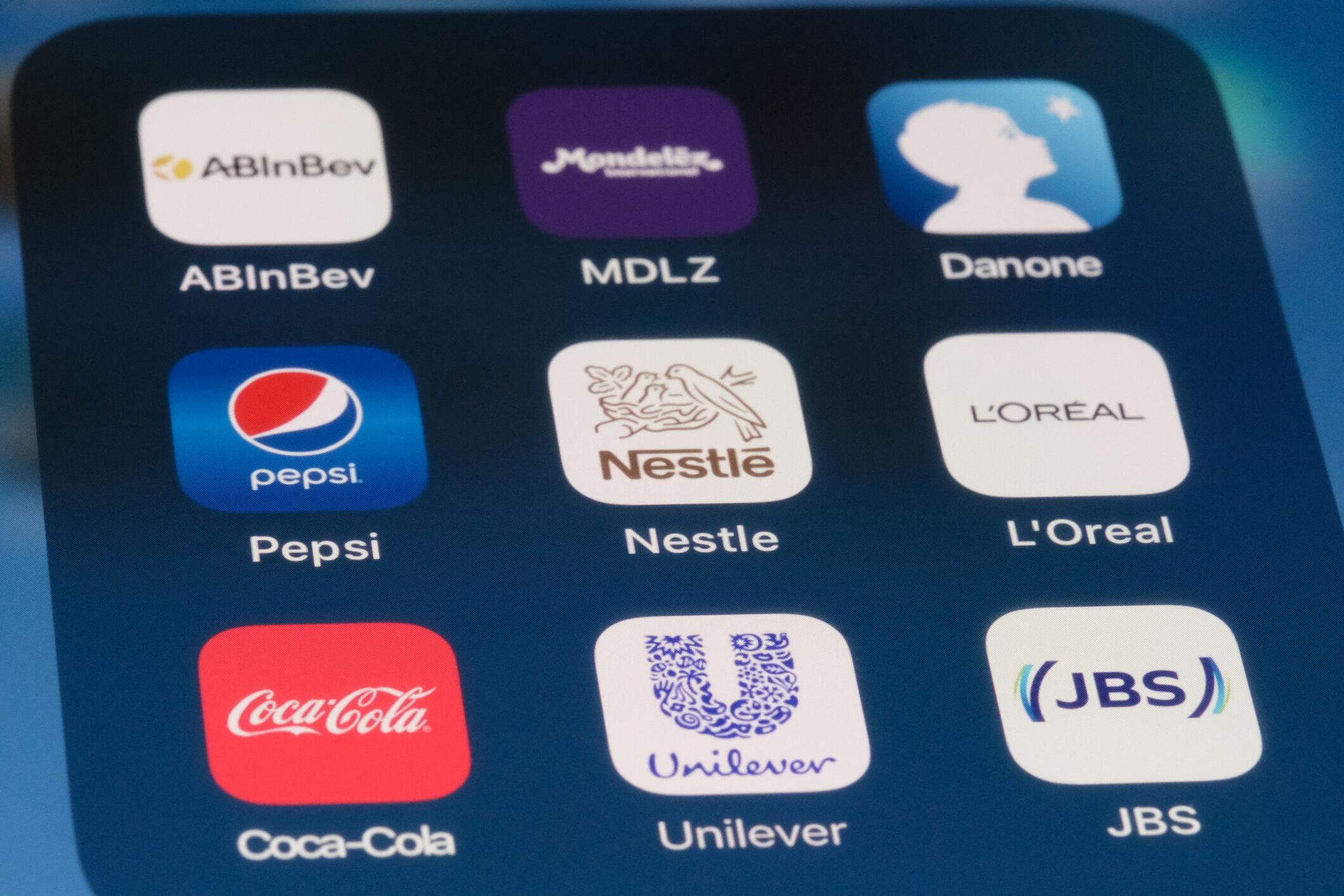
Sweets & Snacks Expo
Director of Omnichannel Growth Jillian Durojaiye shares how the CPG giant activates around consumer preferences across digital and physical retail touchpoints
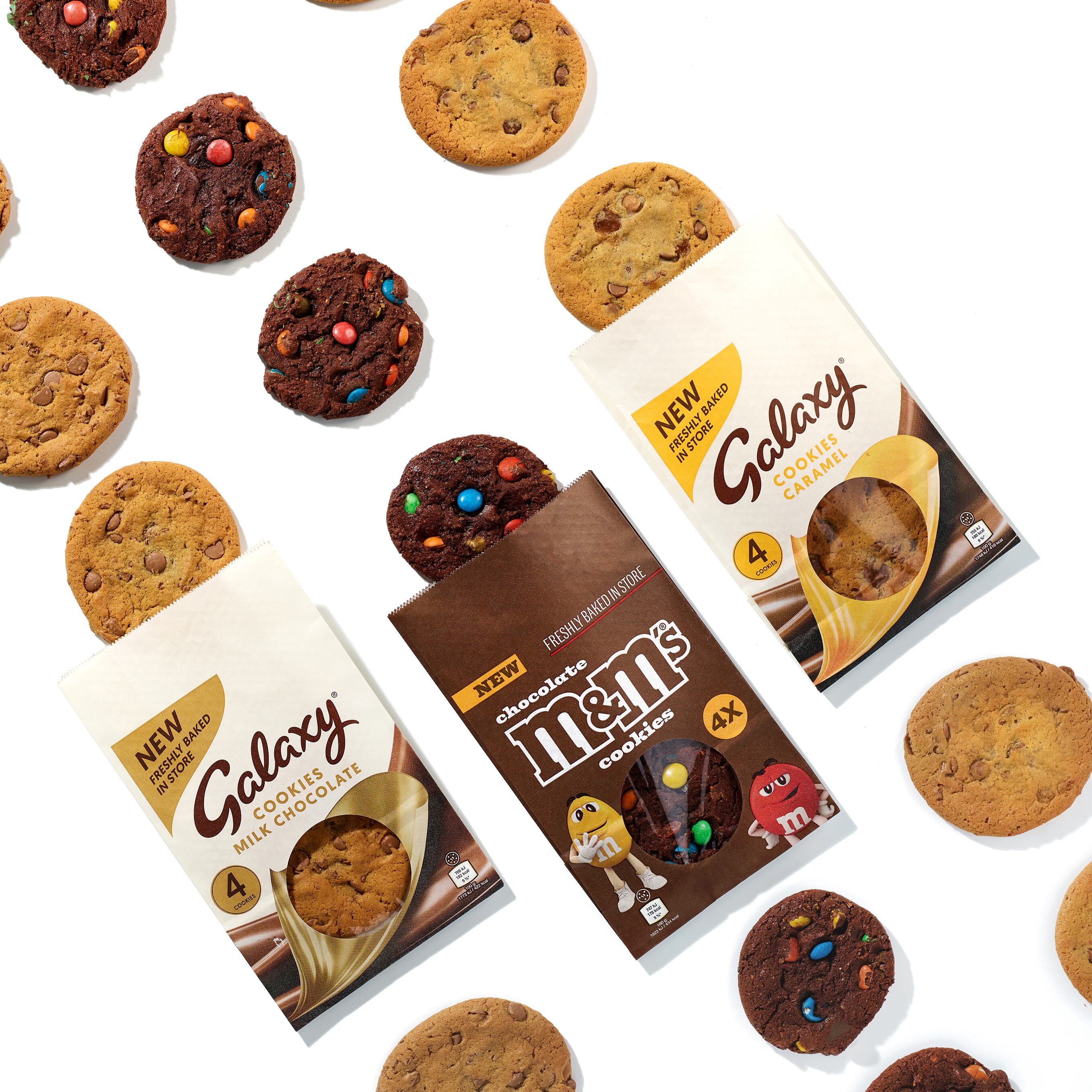
With an ambitious growth target for the next five years, vice president of new innovation territories at Mars, Greg Hocking, explains how it’ll achieve it through fun formats, functionality and fostering sustainable start-ups
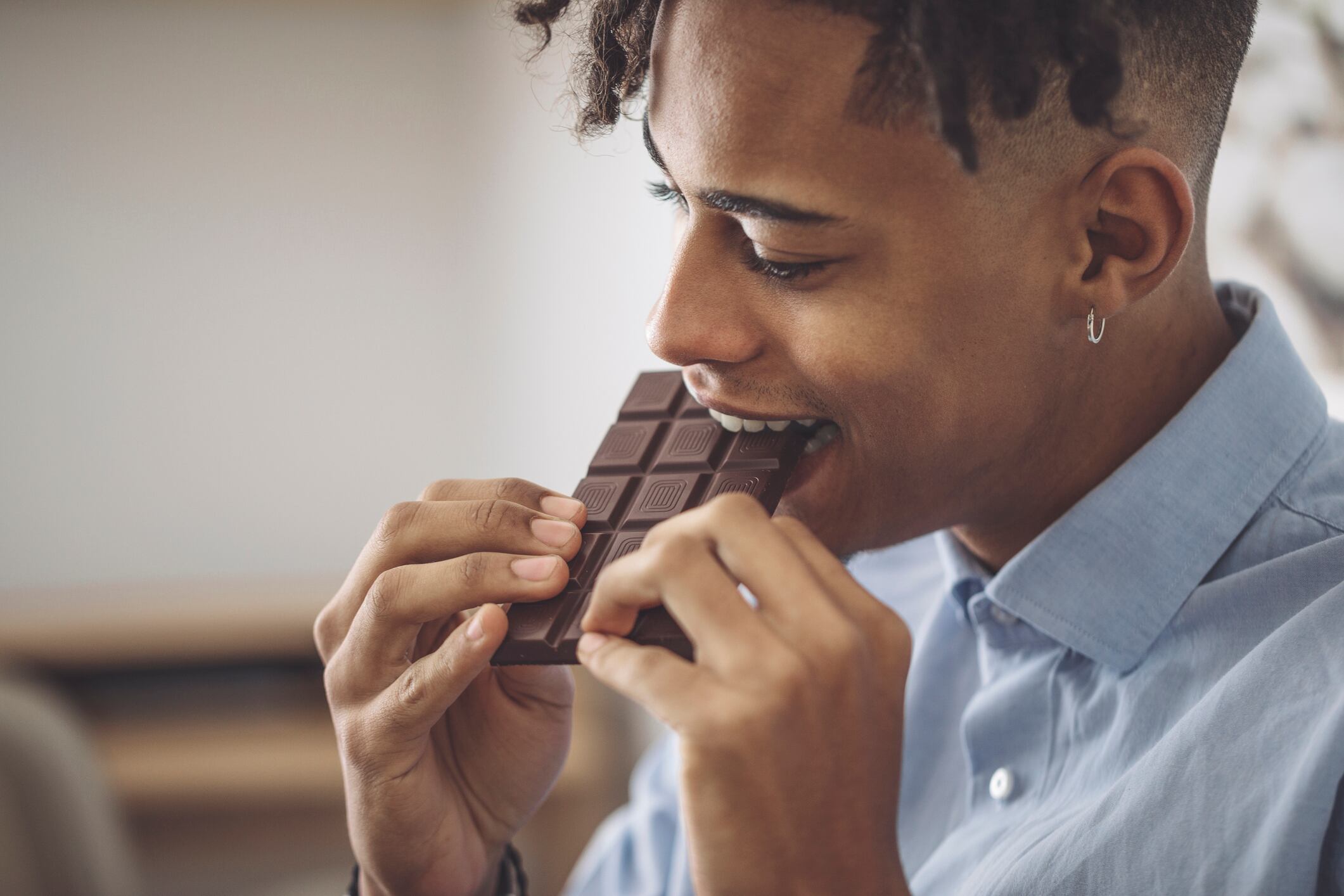
The price of cocoa may be high, but has this hit consumers?
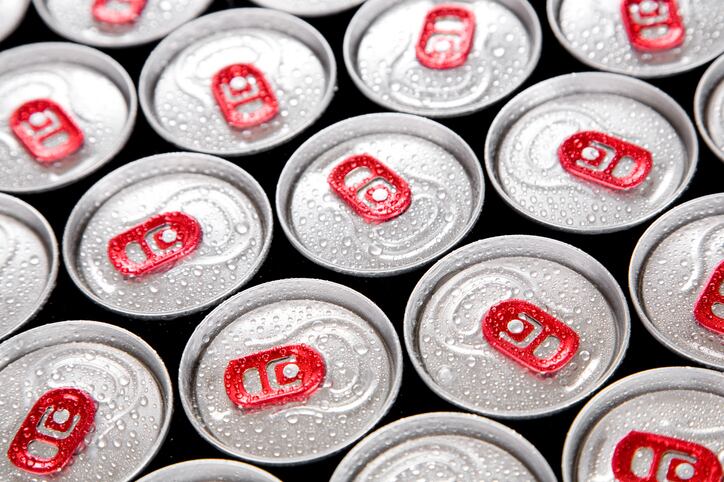
The snack giant accused the flavor collab kings of breach of contract. Now the two companies have come to an agreement, with GHOST eyeing “exciting new flavors”— sans Mondelēz.
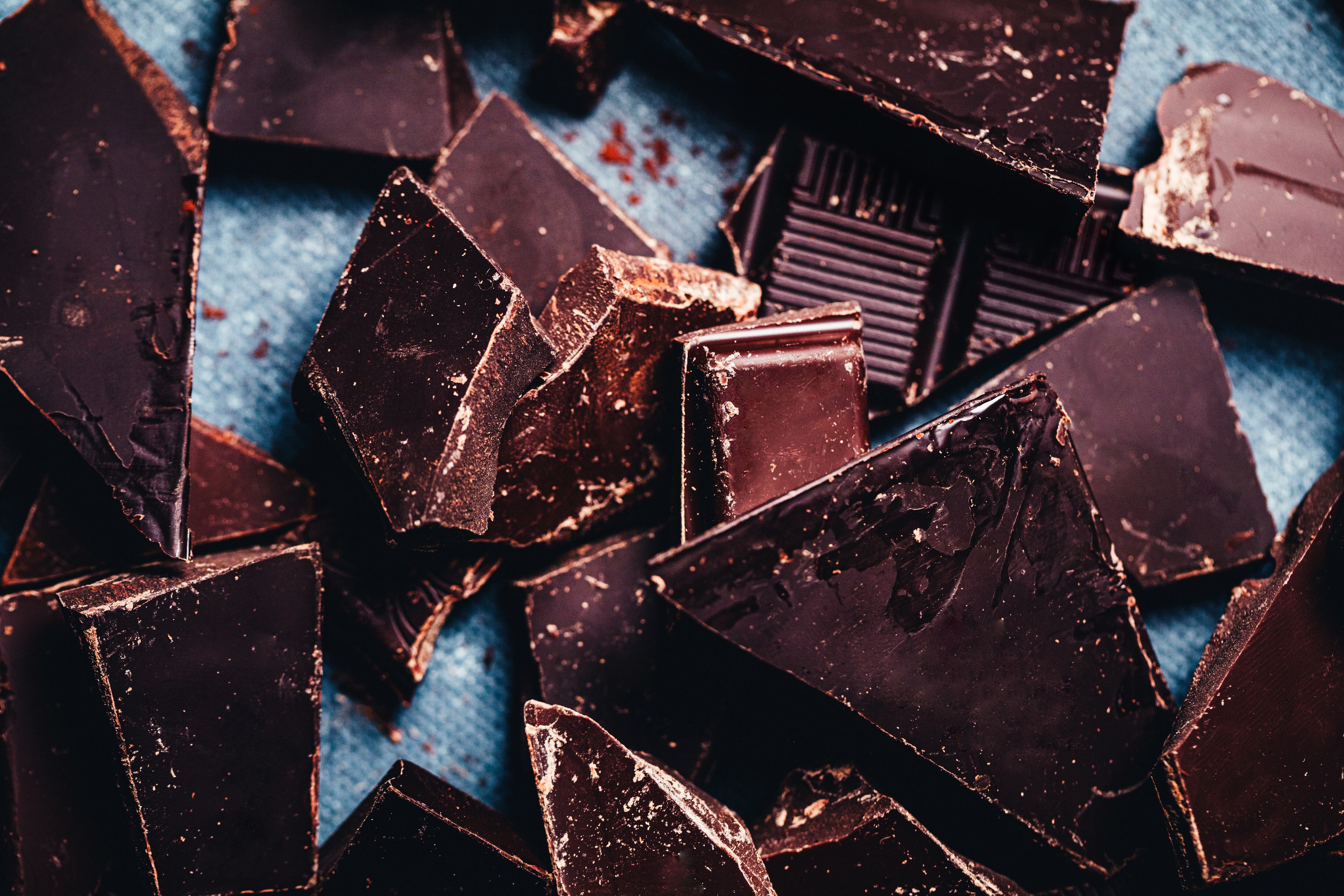
Can chocolate really improve blood pressure and reduce heart disease risk? Emerging research suggests it might – and the findings are sweet news

As the global cocoa industry faces yet another challenging year, confectionery brands are turning their attention to new sourcing regions to secure future supply
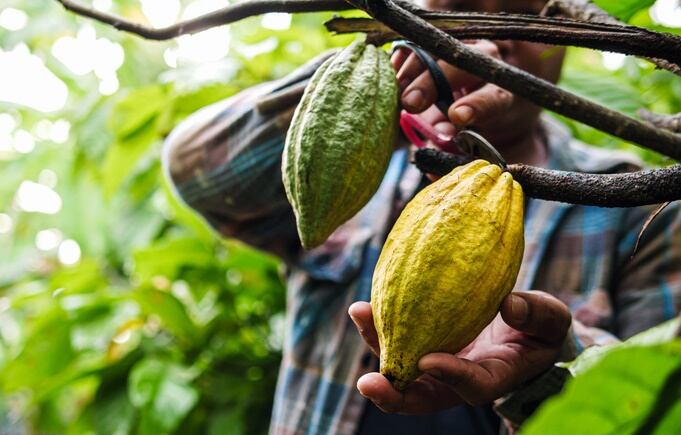
Barry Callebaut, Mondelēz International and Hershey International rethink production strategies to manage the cocoa crisis

Colombian lollipop brand Bon Bon Bum enters the US market with its first nationwide campaign, tapping Gen Z taste trends
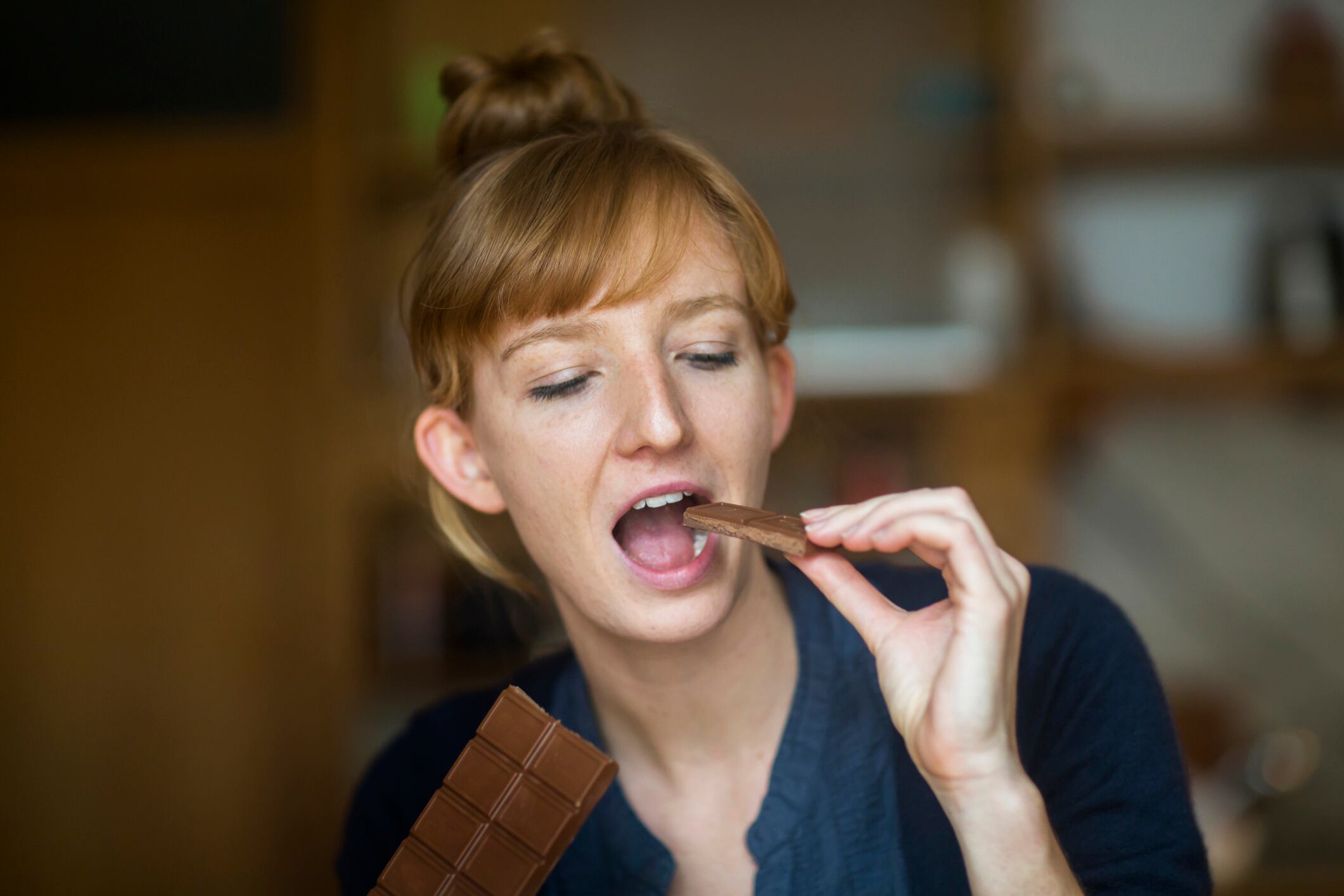
Mondelēz International has beaten expectations in its Q1 report, but volumes and profits are down